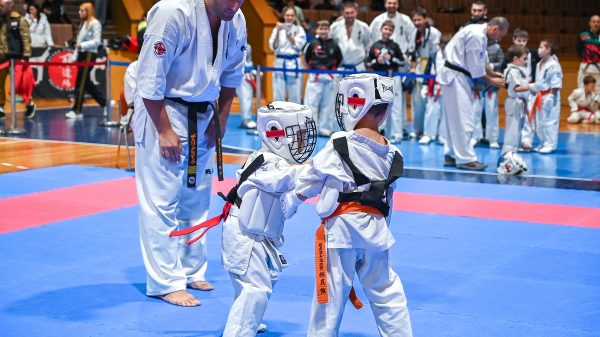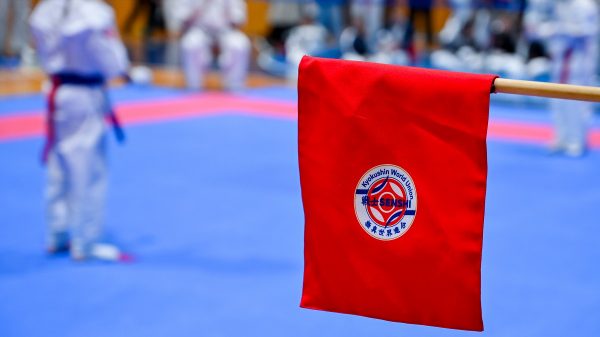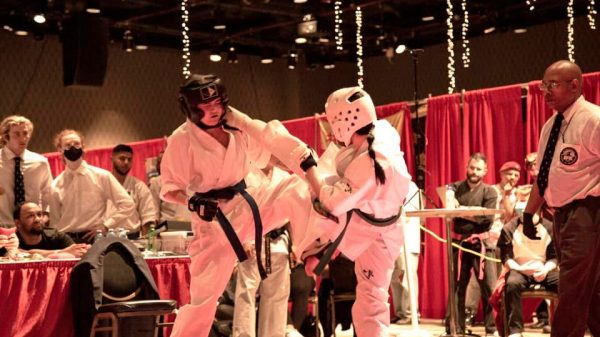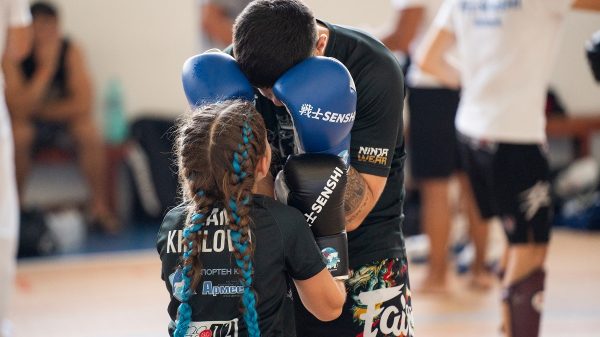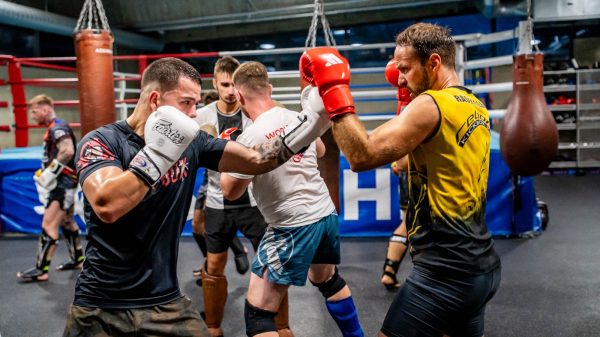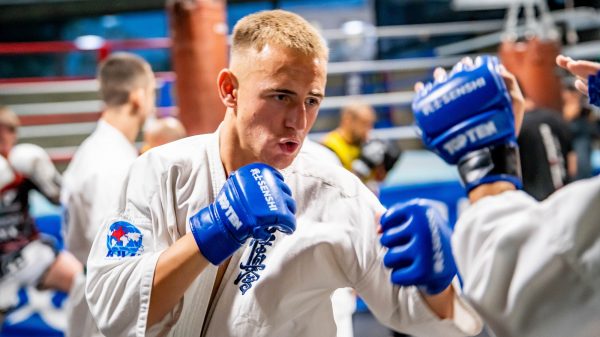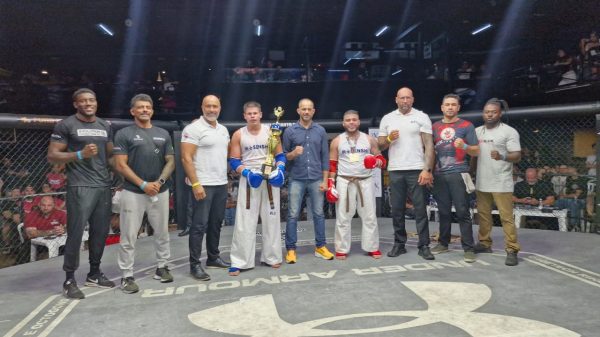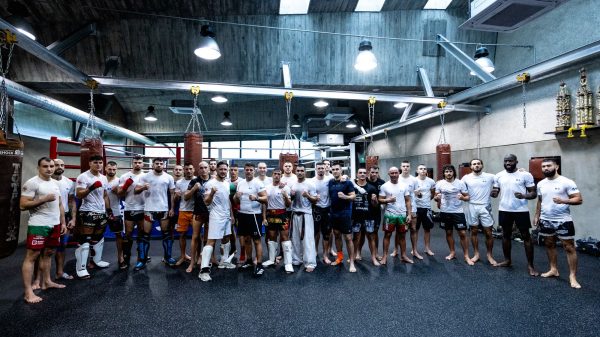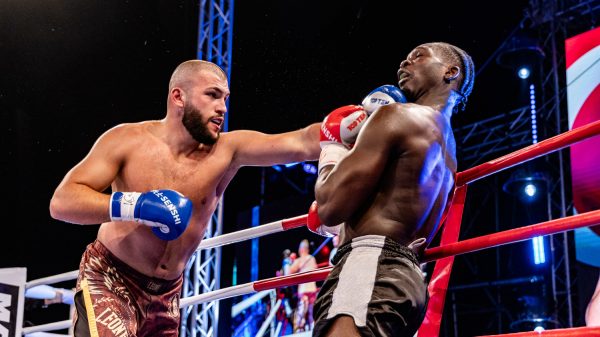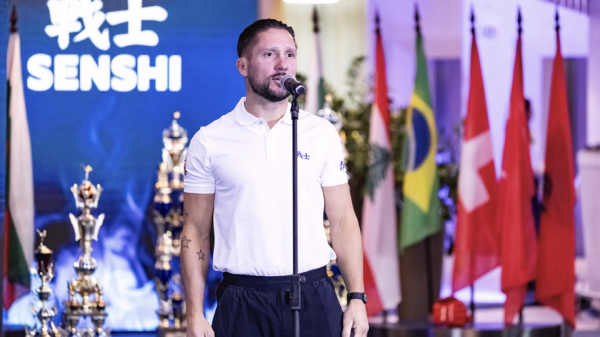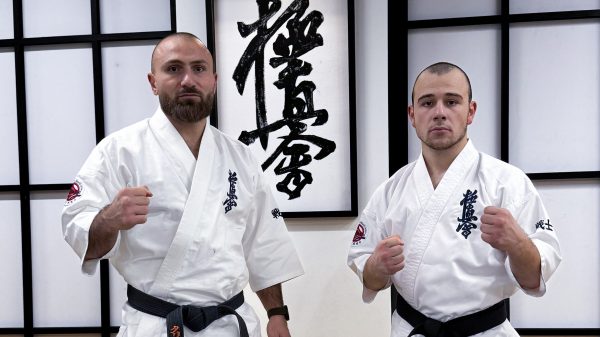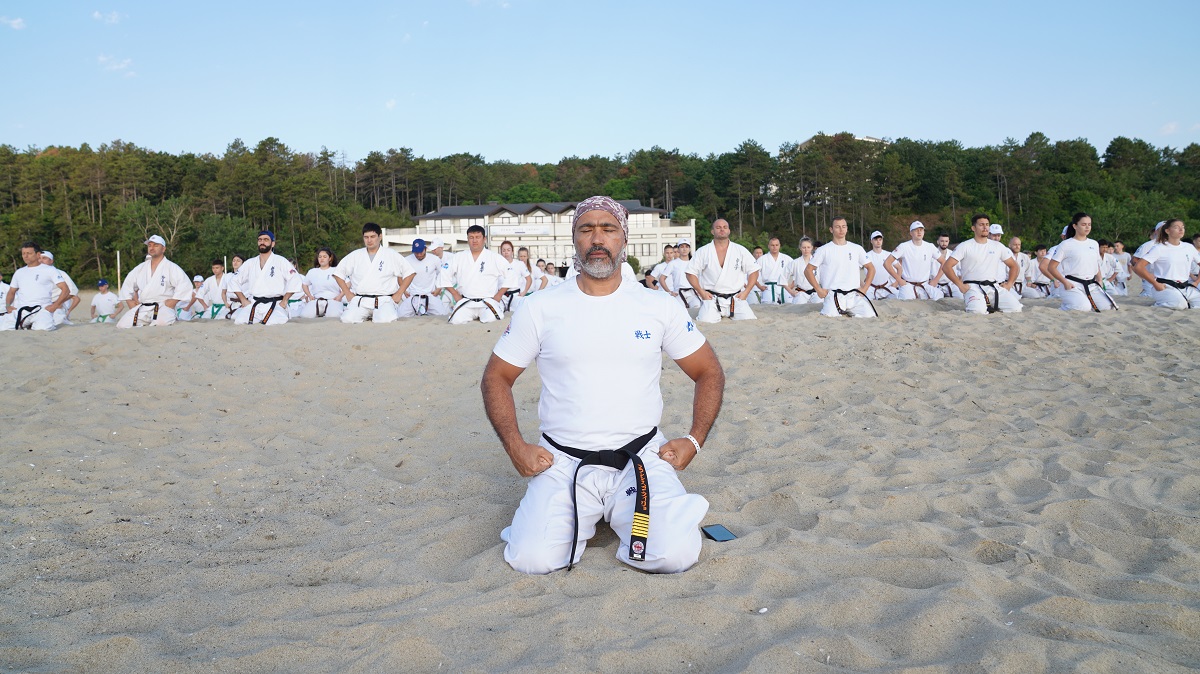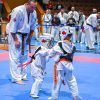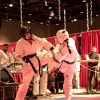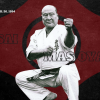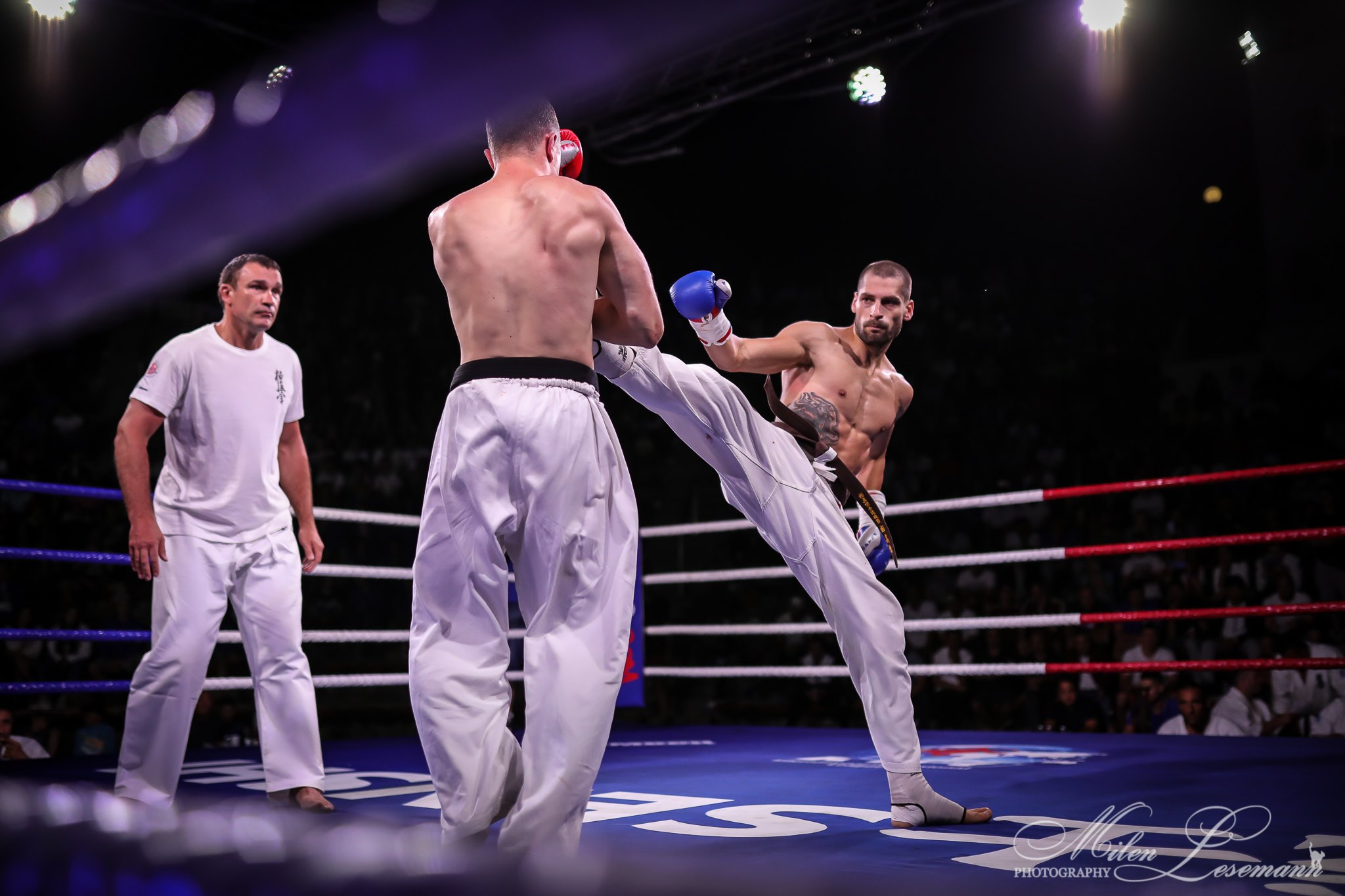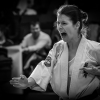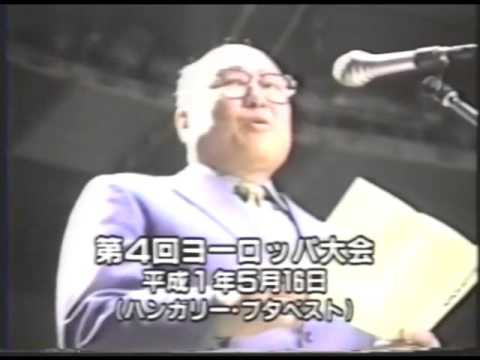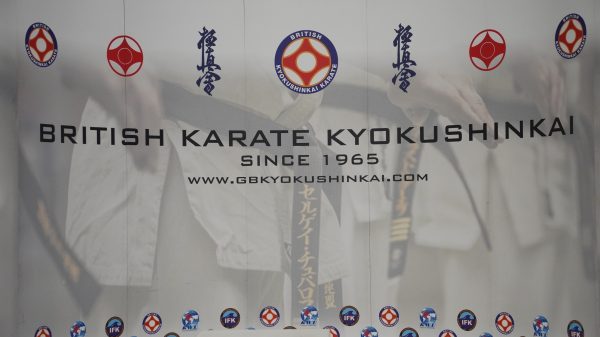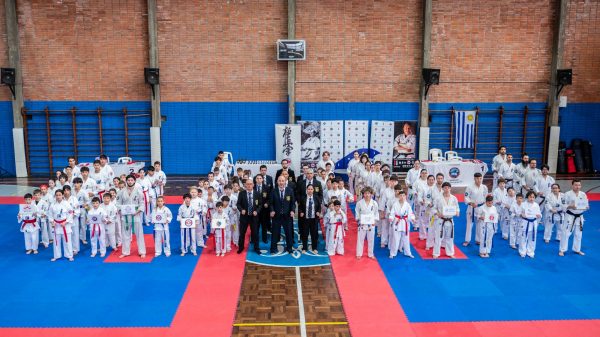The breath is a fundamental aspect of martial arts practice, including disciplines like Kyokushin Karate, and its benefits extend beyond physical performance to mental well-being. Here’s how focusing on the breath enhances martial arts practice and helps combat anxiety and stress:
- Mind-Body Connection: Focusing on the breath fosters a deeper connection between the mind and body. In martial arts, including Kyokushin, practitioners learn to synchronize their movements with their breath, enhancing coordination, power, and efficiency. This mind-body connection promotes a state of flow where movements become fluid and instinctive.
- Centering and Grounding: Conscious breathing helps martial artists center and ground themselves, fostering a sense of stability and balance. In Kyokushin, practitioners often begin or end training sessions with a period of focused breathing to center their energy and focus their minds. This practice promotes mental clarity and emotional stability, essential for effective performance in training and competition.
- Stress Reduction: Deep, diaphragmatic breathing activates the body’s relaxation response, reducing stress and tension. Regular practice of controlled breathing techniques, such as deep belly breathing or alternate nostril breathing, can help martial artists manage stress and anxiety both on and off the mat. By regulating the autonomic nervous system, controlled breathing promotes a sense of calm and relaxation, even in challenging situations.
- Enhanced Focus and Concentration: Paying attention to the breath enhances focus and concentration, key elements of martial arts training. By directing attention to the sensation of the breath moving in and out of the body, practitioners cultivate mindfulness and presence. This heightened awareness improves reaction times, decision-making, and overall performance in training and combat situations.
- Energy Management: Martial artists learn to control their breath to manage their energy levels effectively. By regulating the pace and depth of their breathing, practitioners can conserve energy during periods of rest or exertion, optimizing performance over extended training sessions or competitions. Conscious breath control also helps prevent fatigue and burnout, allowing practitioners to sustain their efforts for longer durations.
- Emotional Regulation: The breath serves as a powerful tool for emotional regulation, helping martial artists maintain composure and control in challenging situations. By practicing slow, deliberate breathing, practitioners can calm the mind and regulate intense emotions such as anger, fear, or frustration. This emotional resilience is invaluable for maintaining focus and making clear-headed decisions during sparring or self-defense scenarios.
- Preparation for Combat: Controlled breathing techniques can help martial artists prepare mentally and physiologically for combat. By practicing deep, rhythmic breathing before entering a sparring match or self-defense situation, practitioners can lower their stress levels, increase oxygenation to the muscles, and enhance their readiness to respond effectively to threats.
Incorporating breathwork into martial arts practice, including Kyokushin Karate, offers numerous benefits for physical performance, mental well-being, and emotional resilience. By cultivating a mindful approach to the breath, practitioners can optimize their training, enhance their combat effectiveness, and develop valuable skills for managing stress and anxiety in all aspects of life.


